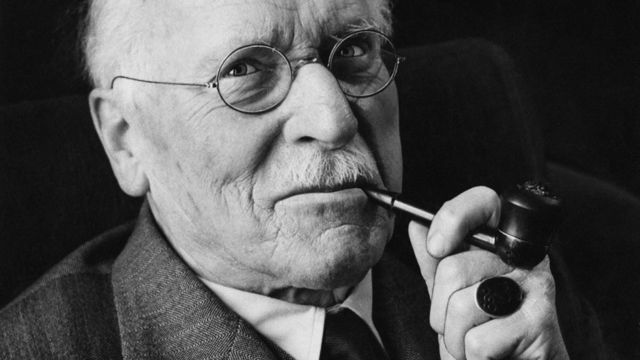Since I have a bias, I returned to the work of James F. T. Bugental for clarification about when it is time to begin psychotherapy. In his 1978 book, Psychotherapy and Process: The Fundamentals of an Existential-Humanistic Approach, Dr. Bugental had some helpful and clear insights about what leads a person start psychotherapy.
"A person comes to psychotherapy out of a sense of possibility, a feeling that there is the potential for life to be different than it has been. This difference may -for a given person at a given time- be a hope that there will be less pain or anxiety, a seeking for greater realization of inner possibilities, a quest for improved relations with others, or a belief that there are richer possibilities for life than one has known thus far."
The key piece from this brief passage is the understanding that a person begins psychotherapy with hope that is mixed in with some apprehensiveness. This might seem unexpected. We commonly think that a person who seeks a therapist is overwhelmed and experiencing a sense of despair rather than hopefulness.
Psychotherapy is actually an optimistic undertaking. The new client needs to recognize that the current life situation is unsatisfactory and a change is needed. This client has summoned the courage to seek out focused, therapeutic support and is hopeful that taking a risk to create change in one's life will be beneficial. The client will allow himself/herself to be open to the idea that improvement is possible. Allowing oneself to be vulnerable and to let go of the familiar life that is being led, with its struggles and inadequacies, is nothing if not courageous and optimistic.
In this way, we can see that seeking psychotherapy is not an act of desperation. It is truly a step forward grounded in confidence. It requires valuing oneself enough to work at moving from frustration to comfort.
The quote above is taken from Psychotherapy and Process: The Fundamentals of an Existential-Humanistic Approach p.47 by James F. T. Bugental; 1978 by Random House.




